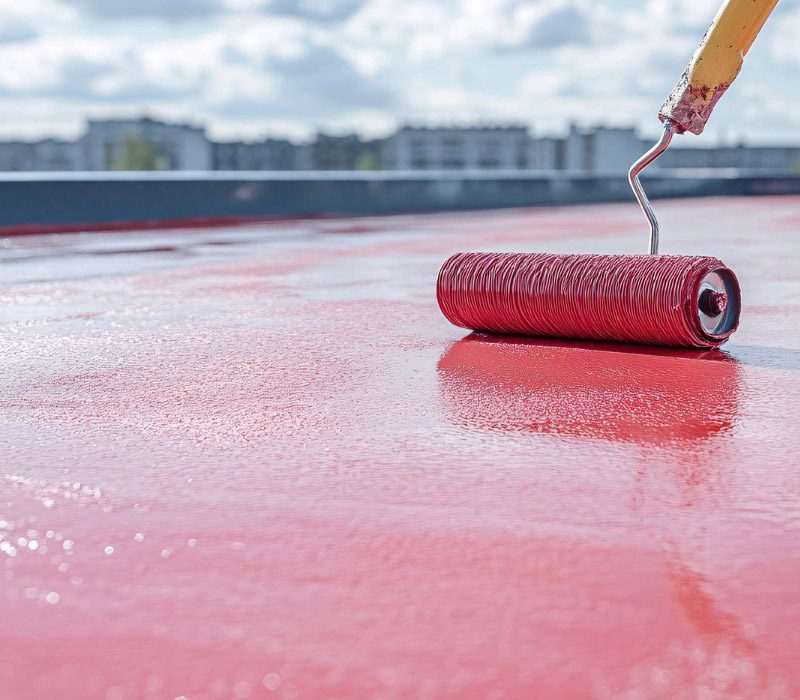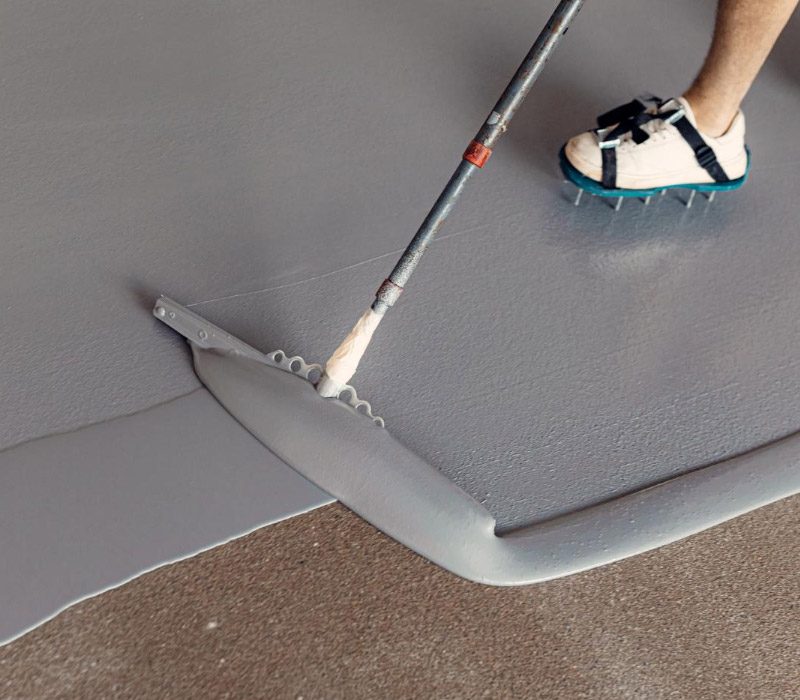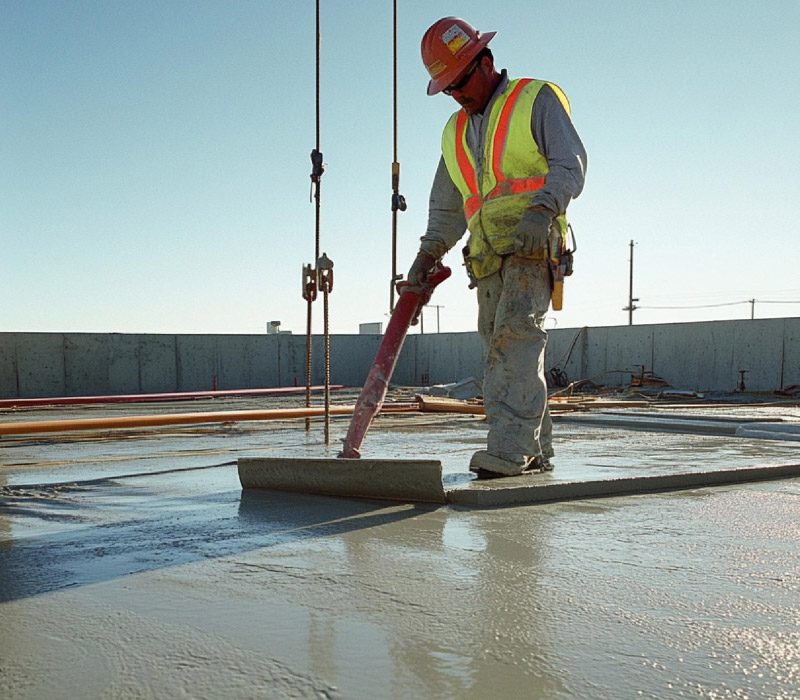Polyester Resin in Abu Dhabi, UAE

What is Polyester Resin?
Polyester resin is a synthetic material widely used in various industries for its versatile properties. It’s a type of polymer that is formed by a chemical reaction between organic acids and alcohols. Polyester resins are known for their excellent mechanical properties, resistance to water, and ease of use, making them ideal for various applications like fiberglass reinforcement, boat building, and casting.
Properties of Polyester Resin
Polyester resin is popular due to its unique combination of properties. Here’s a breakdown of the key characteristics:
| Property | Description |
|---|---|
| Chemical Composition | Composed of organic acids and alcohols, primarily unsaturated polyesters. |
| Mechanical Strength | High tensile strength, making it durable and suitable for structural applications. |
| Curing Process | Requires a catalyst (usually MEKP) for hardening, which occurs through polymerization. |
| Thermal Resistance | Can withstand moderate temperatures, typically up to 80°C (176°F). |
| Water Resistance | Offers good resistance to water, though prolonged exposure can cause degradation. |
| Cost-Effective | Generally more affordable than other resins like epoxy, making it ideal for large-scale projects. |
Types of Polyester Resin
Polyester resins come in several forms, each suited to specific applications:
Orthophthalic Polyester Resin
The most common type used for general-purpose applications.
Provides good mechanical properties and is relatively inexpensive.
Isophthalic Polyester Resin
Offers better resistance to chemicals and heat than orthophthalic resins.
Commonly used in more demanding environments, such as marine and industrial applications.
Dicyclopentadiene (DCPD) Polyester Resin
Known for its low shrinkage and good impact resistance.
Often used in automotive parts and large-scale castings.

Applications of Polyester Resin
Polyester resin is highly versatile, and its applications span various industries:
| Industry | Application |
|---|---|
| Marine | Boat hulls, decks, and other marine components due to its water-resistant properties. |
| Construction | Roofing, panels, and pipes where durability and cost-effectiveness are crucial. |
| Automotive | Body panels, fenders, and bumpers, thanks to its lightweight and high strength. |
| Arts and Crafts | Used in casting for sculptures, jewelry, and other decorative items. |
| Fiberglass | As a binding agent in fiberglass to produce reinforced plastic composites. |
Advantages and Disadvantages of Polyester Resin
Like any material, polyester resin has its pros and cons:
| Advantages | Disadvantages |
|---|---|
| Cost-effective and widely available | Brittle nature makes it prone to cracking |
| Easy to work with; fast curing | Not as strong or durable as epoxy resin |
| Good adhesive properties | Releases volatile organic compounds (VOCs) during curing |
| Resistant to water and most chemicals | Limited thermal resistance; not suitable for high-temperature environments |
Polyester Resin vs. Epoxy Resin
Polyester resin is often compared to epoxy resin, another popular choice in similar applications. Here’s how they stack up:
| Feature | Polyester Resin | Epoxy Resin |
|---|---|---|
| Cost | More affordable | More expensive |
| Strength | Good, but not as strong as epoxy | Superior mechanical strength |
| Curing Time | Faster curing | Slower curing, allows more working time |
| Chemical Resistance | Moderate resistance | Excellent resistance to chemicals |
| Bonding Strength | Adequate for most applications | Exceptional bonding strength |
| Water Resistance | Good | Excellent |
| Applications | Large-scale projects like boats, panels | High-performance applications, aerospace, electronics |

Safety Precautions When Using Polyester Resin
Working with polyester resin requires safety precautions due to the chemicals involved. Here are some key tips:
Ventilation: Ensure the workspace is well-ventilated to avoid inhaling fumes.
Protective Gear: Wear gloves, goggles, and a mask to protect skin, eyes, and lungs.
Storage: Store the resin in a cool, dry place away from direct sunlight and ignition sources.
How Polyester Resin Protects Terrace Surfaces from Corrosion
Polyester resin is strong with a good molecular structure that does not allow corrosive elements into the structure, hence giving it high-performance corrosion resistance. It, therefore, prevents chemicals, water, and other environmental factors from passing through the surface, meaning the damage will be minimized with time.Polyester resin is a polymer, produced from polyhydric alcohols and polybasic acids. It has a hard-wearing, chemical-resistant finish, and forms a strong bond on any surface; thus, this resin is suitable for protection of heavy-duty operations on terraces.
Polyester Resin Types: Isophthalic vs. Terephthalic
Generally, two major types of polyester resin are isophthalic polyester and terephthalic polyester, both of which have their derivatives.
- Isophthalic Polyester Resin: This resin is resistant to chemicals and weather. It is also used in surface finishes for terraces. Isophthalic polyester is mainly used in industrial applications and outdoor buildings.
- Terephthalic Polyester Resin: Terephthalic resins are often used because they are cheaper though have less chemical as well as water resistance than isophthalic resins

Polyester resin is a key component in the production of fiberglass resin, which is widely used in the manufacturing of fiberglass-reinforced plastics (FRP). The combination of polyester resin and fiberglass creates a composite material with enhanced strength and durability, ideal for automotive, marine, and construction industries.
FAQ
Yes, polyester resin is commonly used in outdoor applications, especially in marine and construction industries. However, prolonged exposure to UV light can cause it to yellow and degrade over time.
The curing time for polyester resin can vary, but it typically takes between 24 to 48 hours to fully harden, depending on the temperature and the amount of catalyst used.
Polyester resin is water-resistant, which makes it suitable for marine applications. However, it’s not completely waterproof and may degrade with prolonged exposure to water.
Yes, polyester resin can be painted once it has fully cured. It is recommended to sand the surface lightly before applying paint for better adhesion.
Polyester resin typically has a shelf life of 6 to 12 months if stored properly in a cool, dry environment.